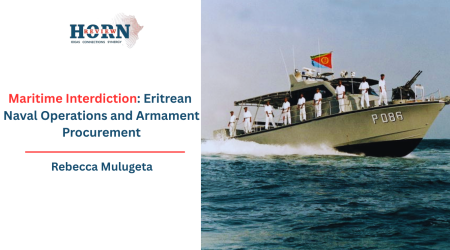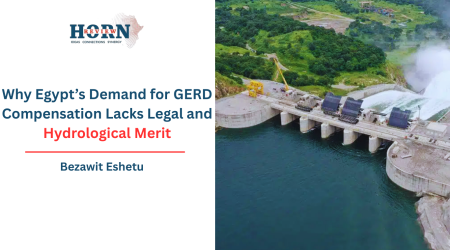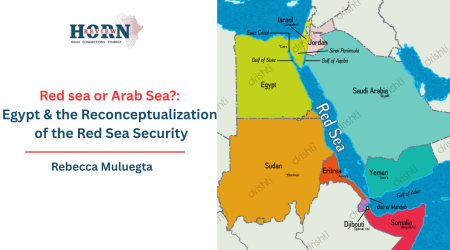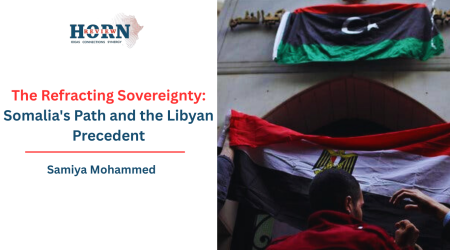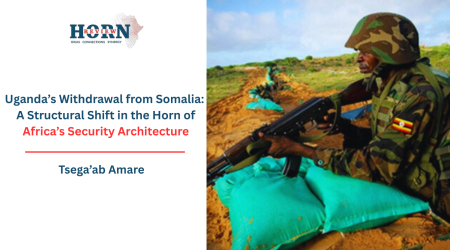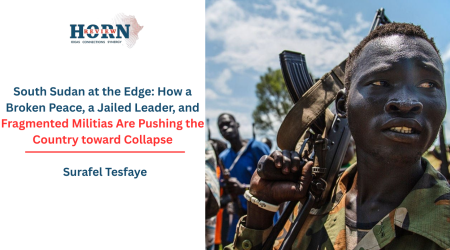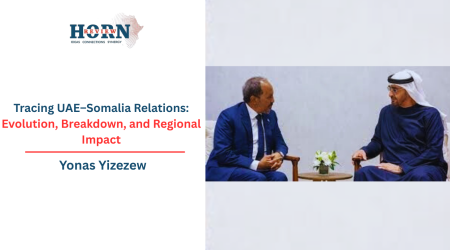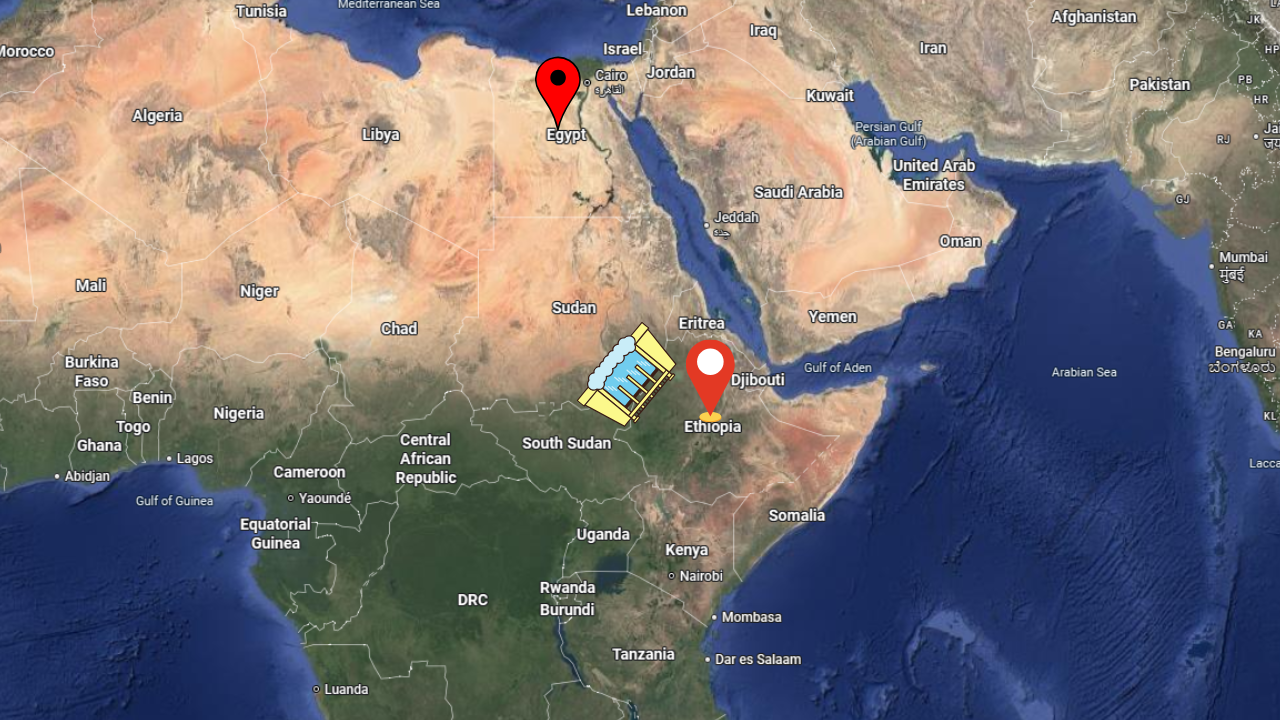
7
Aug
The Water Paradox: Egypt’s Pipeline to Gaza vs. Its GERD Alarmism
Gaza is one of the most densely populated areas on Earth, more than 5,754 people per square kilometer, squeezed into a narrow strip of land now scarred by war. Before the latest conflict with Israel, Gaza’s population exceeded 2.1 million. But since the Israeli and Hamas conflict began, the UN estimates the population has declined by around 160,000, roughly 6% due to displacement, death, or desperate flight. The destruction is staggering: homes, road networks, businesses, and entire neighborhoods in ruins. Yet behind the destruction and damage lies another crisis, one older and more insidious: the disappearance of water.
In Gaza, water is not just polluted, it’s nearly nonexistent. The humanitarian crisis may include food shortages and medical collapse, but in Gaza, even dirty water is a luxury. Clean water is a dream. Gaza’s only natural source of freshwater is the Coastal Aquifer, which lies beneath its sandy soil. It was never meant to support millions; today, it’s being drained at three times its sustainable capacity. The aquifer can safely yield about 55–57 million cubic meters per year, but more than 170–200 million is being extracted. The result: 97% of the water is unfit for human consumption. According to the World Health Organization, over 50% of Gaza’s children suffer from water-related parasitic infections, and contaminated water is linked to 26% of all diseases in the territory.
This catastrophe isn’t new. But now, in the middle of this crisis, a strange development has emerged from a country that itself claims to be on the brink of water collapse: Egypt.
Gaza relies almost entirely on groundwater. About 98% of its water supply comes from the Coastal Aquifer, while the remaining 2% is purchased from Mekorot, Israel’s national water company. This water comes from the Mountain Aquifer system, including the Yarkon-Taninim basin, a shared groundwater resource between Israel, Palestine (the West Bank and Gaza), and Egypt. Though Egypt is a riparian party to the aquifer, it makes negligible use of it. Still, the largest share is taken by Israel, even if Egypt and Israel are countries with alternative water sources, they restrict Palestinian access. And while Egypt laments a hypothetical reduction in Nile water due to GERD, it collaborates in the long-term dehydration of Gaza’s aquifer, a resource it shares, yet denies Palestinians the right to manage.
Egypt has long warned that the Grand Ethiopian Renaissance Dam (GERD) threatens its very existence. The Nile provides 97% of Egypt’s freshwater, and Egypt has lobbied, threatened, and campaigned against the dam’s completion, insisting that any potential reduction in flow, even 5% has been described as catastrophic. Egyptian officials have repeatedly called GERD an “existential threat.” President Abdel Fattah el-Sisi has gone as far as hinting at war to defend Nile access. The officials often reference colonial-era treaties, the 1929 Anglo-Egyptian Treaty, and the 1959 Egypt-Sudan Agreement to defend their claim of “historic rights.” But these treaties excluded Ethiopia, the source of the Blue Nile, and other upstream countries. Egypt frames GERD as a matter of water justice, yet it shows no such concern for Gaza’s water rights under international law.
And yet, Egypt now pipes water into Gaza, a territory it helped blockade for years. In June 2024, the Israeli military approved a UAE-funded initiative to extend a new water pipeline from Egypt into the Al-Mawasi coastal area of Gaza. This pipeline will reportedly deliver 5,000 cubic meters per day to around 600,000 people, that’s 15 liters per person per day, the bare minimum for survival, according to emergency standards. The water tokenism orchestrated by the UAE and Israel permits lets Egypt to perform compassion while evading accountability for its role in Gaza’s dehydration.
This is where the contradiction becomes glaring. If Egypt is truly facing existential water scarcity, how can it spare even symbolic quantities of water to another region? And if it can afford to give water away, does that not undermine its GERD alarmism?
This is the water paradox at the heart of Egyptian diplomacy. The Gaza pipeline delivers less than 3% of Gaza’s pre-war daily water needs, 0.005 billion cubic meters annually, compared to Egypt’s claimed GERD loss of 5.5 billion cubic meters per year. The scale difference exposes Egypt’s selective priorities. It insists that “every drop counts” when dealing with Ethiopia, yet it has shown decades of apathy toward Gaza’s aquifer.
Meanwhile, the pipeline is not funded by Egypt. It’s paid for by the UAE, approved by Israel, and politically choreographed to avoid empowering Palestinian institutions. It helps, but barely. It is a gesture, not a solution.
More importantly, it helps Egypt appear generous while avoiding real commitment. For years, Egypt blocked Gaza-bound construction materials, pipes, pumps, and even water filters, labeling them “dual-use items” that could aid Hamas. Today, those materials are entering Gaza but only under foreign sponsorship and Israeli security control. Egypt’s role? Provide the route, and collect regional goodwill.
So why now?
This pipeline is less about Gaza’s recovery and more about Egypt’s diplomatic positioning. With the UAE leading post-war reconstruction and Israel setting the terms of entry, Egypt faces diplomatic isolation. This pipeline allows Cairo to reinsert itself into the Gaza file, without challenging Israel, spending significant funds, or loosening its grip on the Rafah crossing. In short, Egypt finds water not for Gaza’s recovery, but for its image management.
The symbolism matters. Just as India opens the Teesta River gates to Bangladesh during monsoon season for optics, or Israel delivers desalinated water to Jordan in exchange for diplomatic normalization, Egypt’s pipeline is less about human rights and more about strategic currency. Gaza is not a burden Egypt carries; it’s a bargaining chip it plays in negotiations with the UAE, the U.S., or Israel.
The contradiction is impossible to ignore: Cairo claims its own survival is at stake due to Ethiopia’s dam, yet finds the capacity to export water, however small the amount, to a blockaded, devastated neighbor. If the GERD crisis is so severe, how can Egypt justify giving away a single drop? And if Egypt has that flexibility, is its existential rhetoric just a tool of political leverage?
This is not water diplomacy. This is hydro-hypocrisy. Every drop matters in Gaza, but a drip cannot replace justice. Egypt’s gesture may ease thirst, but it does nothing to wash away decades of complicity in Gaza’s deprivation. Until Cairo reconciles its ambitions with its actions, the world has little reason to believe its claims of scarcity.
By Surafel Tesfaye, Researcher, Horn Review

